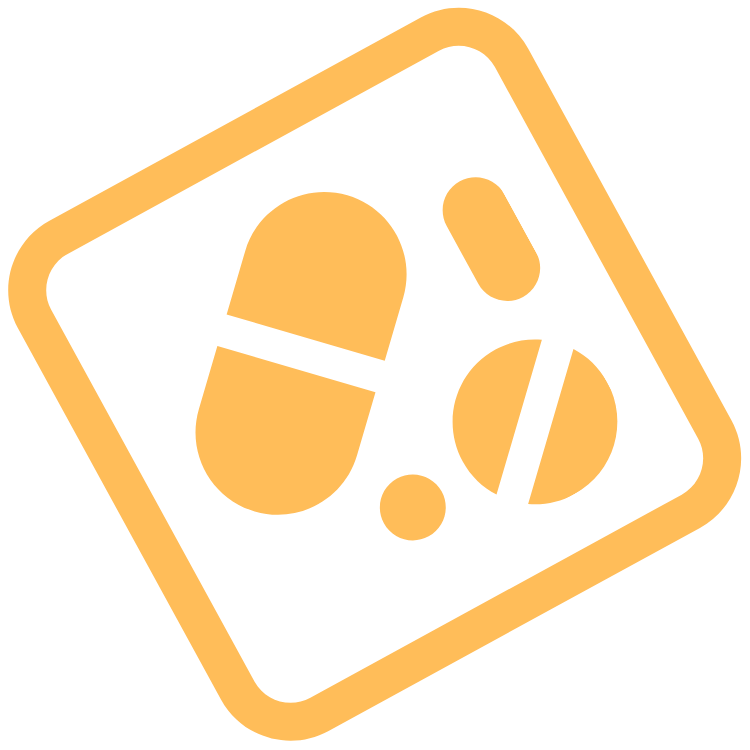
Managing medications can be a crucial part of maintaining good health, especially for individuals with chronic conditions. However, navigating prescriptions and understanding medication instructions can be complex and overwhelming. This comprehensive guide will equip you with the knowledge and tools to manage your medications effectively.
Understanding your prescriptions:
- Familiarize yourself with key information: Learn the name of the medication, its purpose, dosage instructions, potential side effects, and any drug interactions with other medications you are taking.
- Ask questions: Don’t hesitate to ask your doctor or pharmacist about anything you don’t understand regarding your prescription. Clarify questions about how, when, and for how long to take the medication.
- Obtain a medication information sheet: This document, often provided by the pharmacist, details important information about the medication, including potential side effects and interactions.
Organizing your medications:
- Develop a system: Use a pill organizer, medication box, or another method to keep track of your medications. This helps ensure you take the correct medication at the right time and prevents missed doses.
- Maintain an updated medication list: Create a list of all your medications, including the name, dosage, frequency, and prescribing doctor. Keep this list readily available and update it whenever changes occur.
- Utilize medication reminders: Set alarms or reminders on your phone or use a medication reminder app to help you stay on track with your medication schedule.
Taking your medications as prescribed:
- Adherence is key: Taking your medications exactly as prescribed by your doctor is crucial for their effectiveness. Do not skip doses, alter dosages, or stop taking medication without consulting your doctor.
- Address medication adherence challenges: Discuss any difficulties you face with adhering to your medication schedule with your doctor or pharmacist. They can offer solutions like providing pill organizers or adjusting dosing times for better convenience.
Disposing of unused medications safely:
- Never flush unused medication down the drain or toilet: This can contaminate water sources and harm the environment.
- Use authorized medication take-back programs: Check with your local pharmacy or healthcare provider about safe medication disposal options. These programs safely dispose of unused or expired medications to prevent accidental use or environmental contamination.
- Follow medication disposal instructions: Some medications require specific disposal methods, such as returning them to the pharmacy where you obtained them. Always follow the instructions provided on the medication label or consult your pharmacist for guidance.
Additional Tips:
- Talk to your pharmacist: Pharmacists are valuable resources for medication management. They can answer your questions, review your medications for interactions, and provide guidance on safe storage and disposal.
- Review your medications regularly: Schedule regular appointments with your doctor to review your medications and ensure they remain appropriate for your current health needs. Discuss any changes in your health or lifestyle that might impact your medication regimen.
